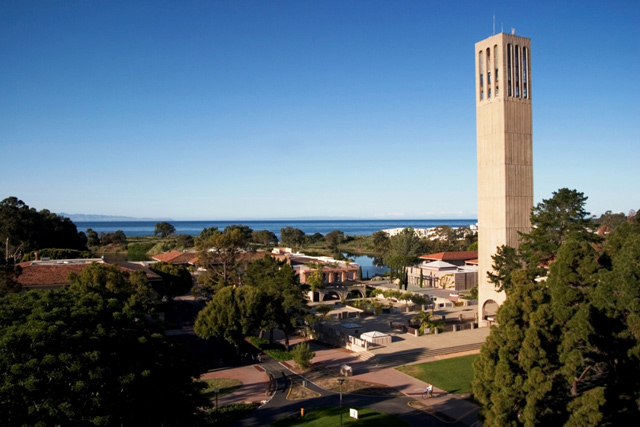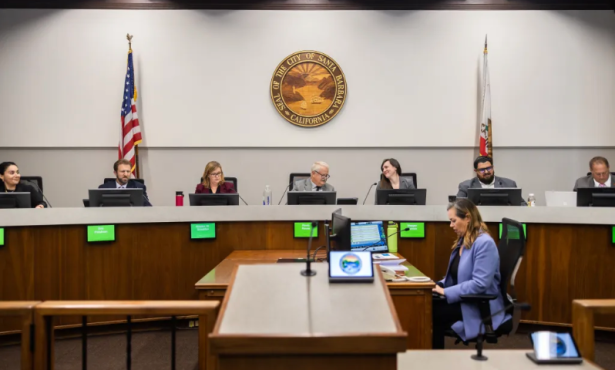UCSB Suspension for Sexual Assault Overturned
Accused Student “Denied Fair Hearing”

Last week, the Second District Court of Appeal of California overturned a two-year suspension of a University of California, Santa Barbara student found guilty by the school’s disciplinary committee of sexually assaulting another student.
The Court’s published opinion states that the student, referred to as John Doe in legal documents, was “denied a fair hearing” with “even a semblance of due process.” It notes that he was not given access to the complete report by Santa Barbara County Sexual Assault Response Team (SART), stifling his ability to cross-examine key witnesses, such as the detective who analyzed the case, and challenge the medical findings of the report.
Furthermore, his counsel was not permitted to actively participate in the hearing, while the university’s general counsel participated, even making formal evidentiary objections. The court indicated that the student was “set up for failure because he or she lacks the legal training and experience to respond effectively to formal evidentiary objections.”
“When the accused does not receive a fair hearing, neither does the accuser,” Justice Arthur Gilbert stated.
The accuser, ‘Jane Doe’, alleges that John Doe sexually assaulted her on a night in June 2015 when she was lying incapacitated on a mattress in living room. She states that John fondled and penetrated her without consent.
Two days following the alleged assault, she was medically examined by SART and reported her assault to campus police. One month later, she proceeded with her complaint, and UCSB’s Title IX office initiated an investigation a few days later.
The male student, who was also intoxicated during the incident, denied the accusations stating that he had laid fully clothed with his back against Jane Doe, with two eyewitnesses, his girlfriend and the accuser’s best friend of the time, sitting a few feet away. The two eyewitnesses corroborated John’s story stating that they “did not see or hear any sexual assault,” maintaining that “it was physically impossible for any of [her] allegations to be true”.
In court documents, John Doe also noted that Jane Doe was taking Viibryd, an antidepressant, which mixed with alcohol may leads to hallucination, sleep paralysis, and night terrors.
UCSB’s investigation stated that “it would have been possible for an assault as described to occur without the attention of witnesses.” Further, the results of the SART report “corroborate the report of . . . penetration.” Judge Donna Geck of the Santa Barbara Superior Court upheld the university’s decision, which was overturned.
Arthur Willner stated that “the university should feel embarrassed, [and] should not pretend to be prosecutors, jurors, and judges,” he said. “Proven time and time again, universities around the country don’t know how to do it. These kinds of case involving serious crime should be handled by local prosecutors.”
Considering the court’s decision, the university said in a statement, “We aim to ensure that all parties in such cases are treated fairly and accorded appropriate due process, and we appreciate the court’s insight on how these difficult cases can best be handled.”
Via email, Andrea Estrada, UCSB’s director of media relations, said “there were 42 reports of sexual assault, including 10 cases of fondling” in 2017 to the university’s CARE (Campus Advocacy, Resources & Education) program whose “robust education and outreach efforts [inform] every student about . . . rights, options, and access to resources.”
Willner’s client is currently pursuing a federal civil rights lawsuit against the university for monetary damages. Following the investigation, Jane Doe left UCSB due to the emotional and physical trauma she experienced, finishing her two remaining quarters at a different UC campus.



